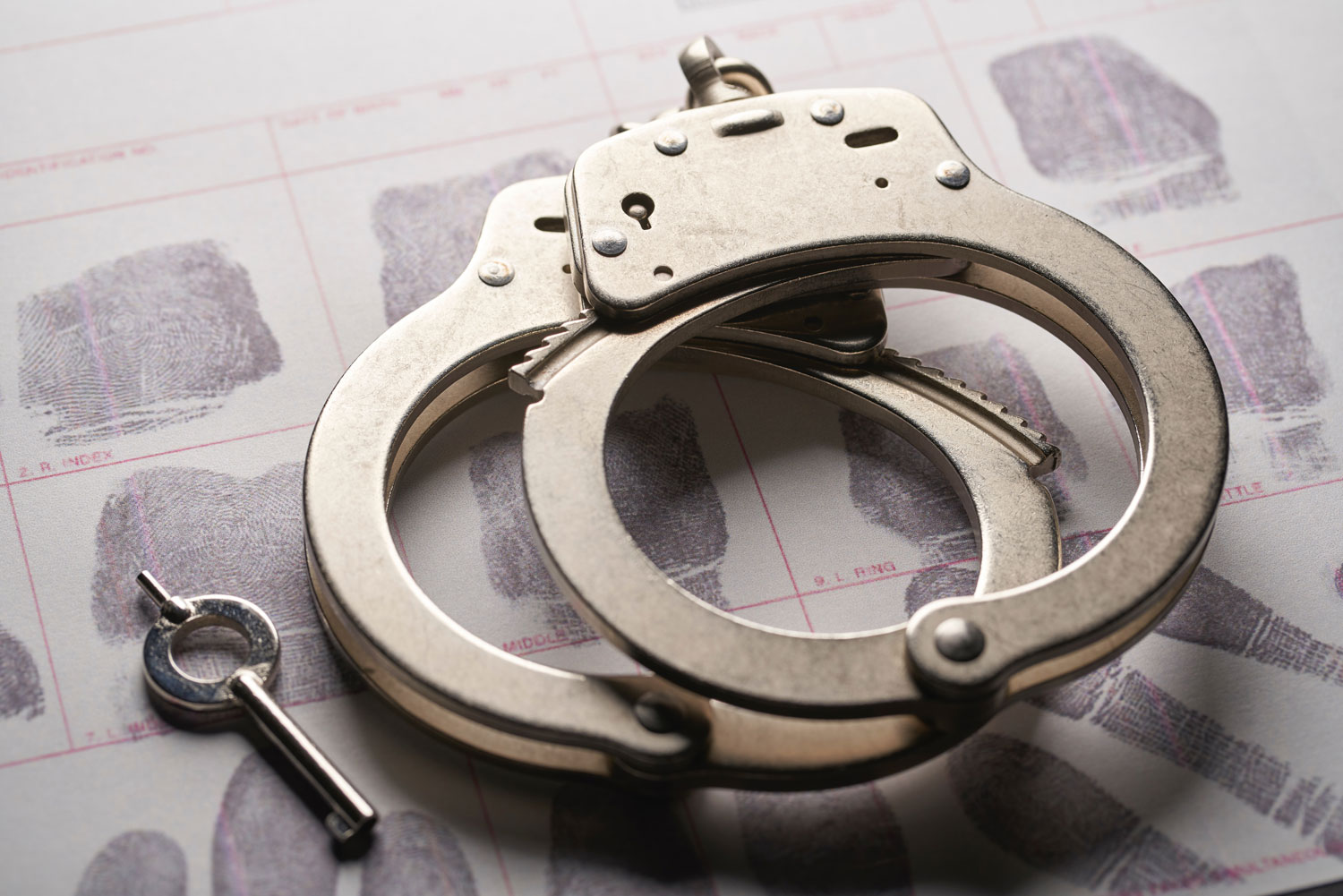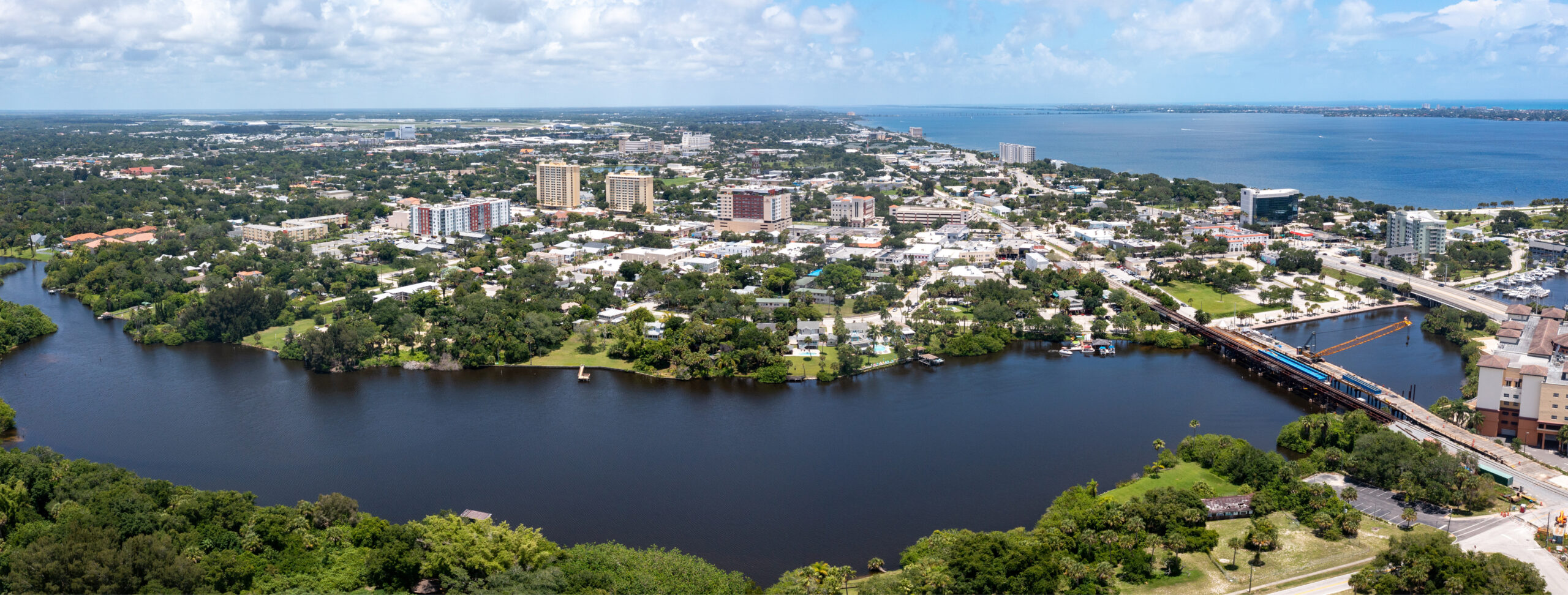
Wrongful arrest, also commonly referred to as ‘false arrest’ or ‘false imprisonment’ is legally defined as a situation when someone (police or otherwise) holds you against your will or takes you into custody.
When Does a Wrongful Arrest Occur?
A false arrest happens when a third party (usually law enforcement) restricts or limits another individual’s freedoms and restricts their physical ability to leave, holding them in custody or imprisoning them against their will and without their consent.
If you have been detained, arrested or held against your will you may be wondering if that action was lawful. The most important difference between a ‘wrongful arrest’ and a lawful arrest is that with a wrongful arrest there is no legal justification to have made the arrest in the first place.
What are the Elements Needed to Prove a Wrongful Arrest?
- The party accused of making the wrongful arrest intended to confine the wrongfully arrested by confining their person
- The individually wrongfully arrested was conscious of the confinement they were under
- The individual wrongfully arrested did not consent to such confinement, and;
- The confinement was not otherwise privileged
Wrongful Arrest and Probable Cause
In order for there to be a lawful arrest, there must exist sufficient factual evidence and facts to believe that the individual being arrested was in the act of or had committed a criminal offense. Of note is that the crime itself does not need to be seen by the arresting officer.



